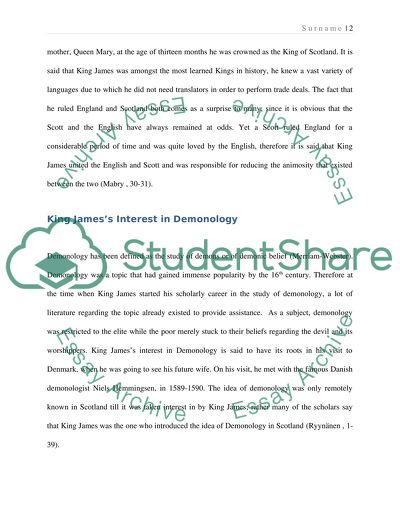Cite this document
(“King James I of England (VI of Scotland) Research Paper”, n.d.)
Retrieved from https://studentshare.org/history/1428984-king-james-i-of-england-vi-of-scotland
Retrieved from https://studentshare.org/history/1428984-king-james-i-of-england-vi-of-scotland
(King James I of England (VI of Scotland) Research Paper)
https://studentshare.org/history/1428984-king-james-i-of-england-vi-of-scotland.
https://studentshare.org/history/1428984-king-james-i-of-england-vi-of-scotland.
“King James I of England (VI of Scotland) Research Paper”, n.d. https://studentshare.org/history/1428984-king-james-i-of-england-vi-of-scotland.


